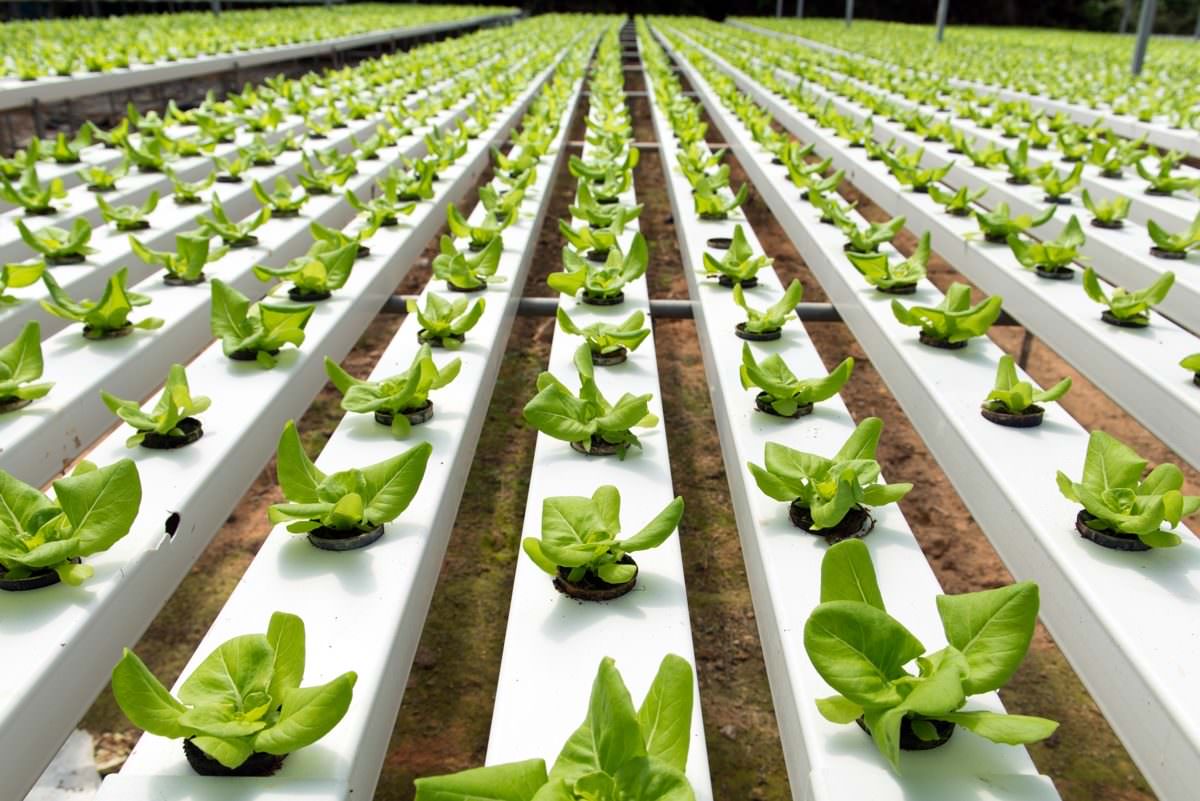Advantage
Land and Water
The most important advantage of Hydroponic farming is that it saves a lot of water (around 80% to 90% of water) and a lot of lands can get utilized as compared to soil-based farming.
The water is recirculated to plants and this can be done many times till the water loses its nutritional value in the Hydroponic method.
Yield
In soil-based farming, the yields are not predictive and it depends on a lot of natural factors. But in the case of Hydroponic farming, the yields are predictive and can be regulated.
Root Zone Aeration
For a plant to grow, sunlight, CO2 and water are not the only important components that are essential, it also requires proper air circulation, so the roots get proper air and can be aerated.
Hydroponic farming ensures that the plants get a proper air supply. The roots are either grown in Water Culture, Aeroponics, or Media Culture.
Easy pH Control
Since the hydroponic method is a soil-less method, it is easy to maintain the required ph essential for the plant's growth. Generally, in open farming, the plant's ph depends on the soil in which it is grown.
No Weed and Less Pest Problem
As the plants are usually grown in a controlled environment, the problem arising because of weeds and other unwanted plants is unlikely.
The environment in which Hydroponic farming is done can be regulated and is covered (compared to open farming), thus pest problems usually don’t arise in this method.
Difficulties:
- High initial investment.
- Intensive management and capital.
- High-level expertise is required.
- Daily attention is necessary.
- Specially formulated, soluble nutrients must be used.
- Pests and diseases remain a big risk.
- Waterborne diseases can be spread rapidly.


0 Comments